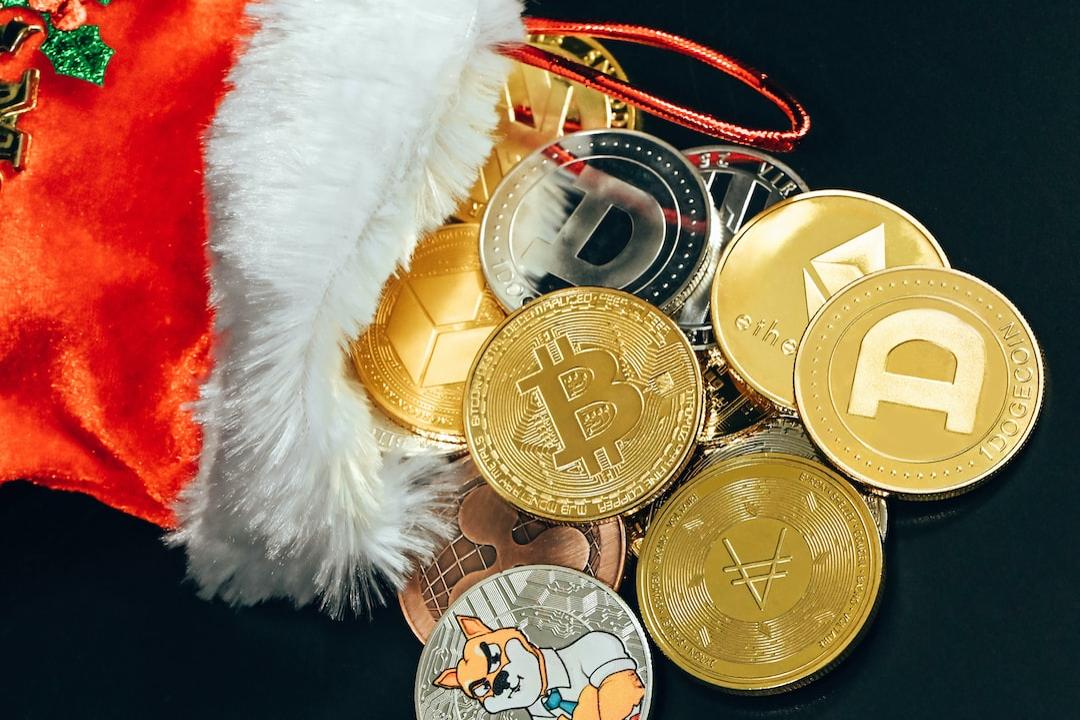Binance, the popular cryptocurrency exchange, has implemented a price limit on the sale of Tether (USDT) tokens on its peer-to-peer (P2P) platform in Nigeria. This move is aimed at ensuring compliance with local authorities. Currently, traders on Binance are unable to sell USDT above a cap of 1,802 naira per USDT.
In an effort to demonstrate its commitment to working with local authorities, lawmakers, and regulators, Binance informed its Nigerian users that it will take action against those who do not comply with the price cap. Binance P2P enables users to buy and sell crypto directly with other users using fiat currency.
The introduction of the price cap has led traders to seek alternative exchanges where they can trade freely without such restrictions. Binance has addressed allegations that it is bowing to the Nigerian government’s foreign exchange (FX) control desires by setting a pegged rate for NGN/USDT trading. The exchange clarified that the P2P price peg was a result of an “automatic system pause” and explained that this suppression of prices is temporary. They have made the necessary adjustments to allow trading to proceed.
The Office of the National Security Adviser in Nigeria, in collaboration with the Central Bank of Nigeria (CBN), has initiated a joint effort to combat forex speculation and address the issues affecting the country’s economic stability. This initiative aims to tackle the activities of speculators, both domestic and international, who have played a significant role in the depreciation of the naira, leading to inflation and economic instability in Nigeria.
The Nigerian government’s unification of forex windows in mid-2023 resulted in a significant decline in the value of the naira against the US dollar on the foreign exchange rate market. The exchange rate doubled from about 700 naira/$1 to a historic high of over 1,500 naira/$1.
In July 2023, the Nigerian Securities and Exchange Commission (SEC) issued a warning to local investors against using Binance. The agency emphasized that Binance did not have a license to operate in the country and that its activities were illegal. The SEC also reminded the public about the high level of risk and the potential for total loss of investments.
Nigeria is currently the largest P2P market in the world, a status that arose after the Central Bank of Nigeria banned institutions from buying and selling crypto in 2021. However, a circular sent to banks in December 2023 lifted the ban on Nigerian banks, allowing them to facilitate cryptocurrency transactions.
Many Nigerians who engage in foreign exchange transactions face difficulties when using traditional banking and Bureau de Change channels. This is due to the significantly higher fees associated with transferring foreign currency within the banking system compared to the crypto market, making P2P transfers more appealing to them.


